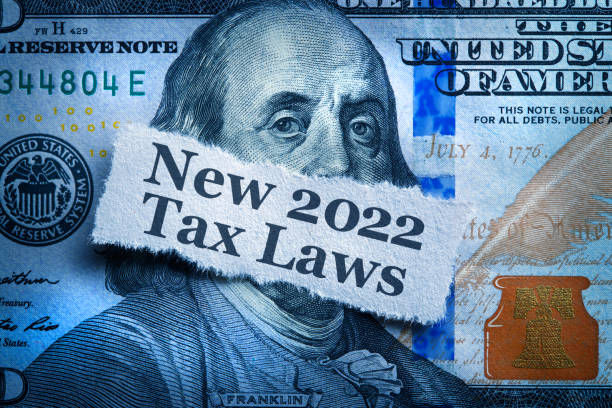The short and simple answer is yes, you are subject to U.S. income tax. But nothing’s ever simple and when it comes to taxes, especially for a U.S. citizen living outside the country. You may qualify for foreign income tax credits or exclusions for foreign earned income. You will need to file an income tax return in the U.S. even if you’re living abroad unless you renounce your U.S. citizenship.
Here are some key things you should know:
1. Expats pay taxes.
If you’re a U.S. citizen making more than the general income threshold, you need to file a U.S. tax return. The United States bases taxes on citizenship, not a person’s place of residency. Taxable income includes:
- Interest
- Wages
- Dividends
- Rental income
2. Majority of American expats don’t end up paying the U.S. taxes.
There are mechanisms in place that keep Americans from being taxed twice on income earned in a foreign land. American expats can offset this income with:
- The Foreign Housing Exclusion
- The Foreign Earned Income Exclusion (FEIE)
- The Foreign Tax Credit (FTC)
3. Expats may still be required to file U.S. state taxes.
It’s possible for expats to file state taxes as living abroad does not automatically exempt you from paying taxes in your state, this depends largely on which state you lived in prior to relocating abroad.
4. Tax penalties for non-compliance amongst expats may range from monetary fines to losing their passport.
Fines and penalties for tax evaders may range from a few thousand dollars to jail time. Your passport may also be revoked.
5. The 2021 taxes are due on April 18 of this year (2022) but you have until June 15 to file it.
6. Expats may be able to apply for tax and FBAR extension which will extend your tax deadline to October 2022.
Taxes in the U.S. are reported on a calendar-year basis so if you will require an extension you can file Form 4868 to extend your deadline to October 17. But this request should be made before June 15.
7. Tax treaties for U.S. expats, namely the Foreign Earned Income Exclusion, and the Foreign Tax Credit will protect you from being taxed twice on income that you earn abroad. double taxed on income earned abroad.
- The Foreign Earned Income Exclusion – This is the most common aid to protect you from getting double-taxation. You’ll need to pass the Physical Presence Test or the Bona Fide Residency test in order to exclude income of up to $108,700 for 2021 and $112,000 for 2022.
- Foreign Tax Credit – This treaty is used to claim a dollar-for-dollar credit paid on income from your employment as an expat. You’re qualified if you’re paying taxes abroad.
8. If you want to pass the Physical Presence Test or the Bona Fide Residency you need to track your time carefully. Tracking your time is important because you could fail the test if you’re off even by just a couple of hours.
To qualify for this test, you must have been living abroad (in one country) for 330 full days out of the year. If, for example, you’re on a 12-hour trans-oceanic flight, those will not count toward the 330 days.
If you want to qualify for the Bona Fide Resident, you need to have been living in a foreign country for a full tax year. If you go back to visit family in the U.S. for a month, this is not counted.
9. You may need to file the FACTA Form 8938, FBAR, or both if you have foreign investments or assets. Learning about the filing requirements for these forms should be at the top of your list, because committing a mistake can lead to fines/penalties.
10. If you are married to a non-American, filing of a joint tax return can be a bit complicated. It may be best to hire a tax expert such as H&R Block to take care of filing your returns quickly and correctly.
